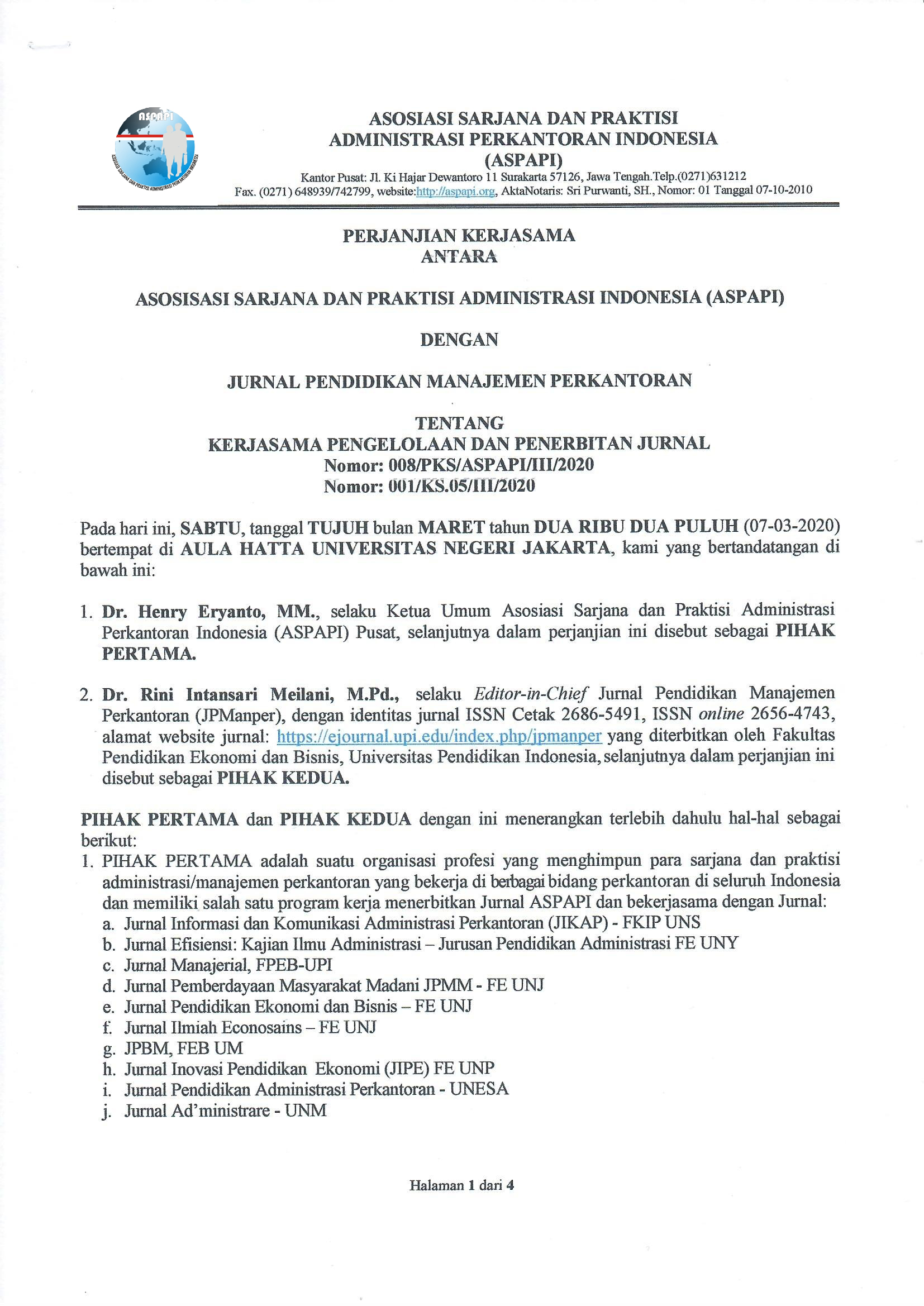Challenges and Practices of Conflict Management at Faculty of Education- Hantoub University of Gezira –Sudan
Abstract
The study's primary purpose is to identify the conflict management style of the Faculty of Education (Hantoub), University of Gezira –Sudan staff and to identify any significant difference in the conflict management style between the staff according to their academic ranking and age group. The study used a survey design, and the participants were 76 staff. The data collection instrument was a questionnaire. Quantitative data were analyzed through descriptive (mean scores) and inferential statistics (one-way ANOVA). The findings suggest that Hantoub employees often support accommodating others in conflict, with cooperation and compromise as typical strategies. Avoiding or competing is less critical. There are no significant differences among the staff conflict management approaches based on age groups and academic positions. It is recommended that the Faculty of Education (Hantoub) leaders consider their staff conflict management style to facilitate the resolution of disputes during work.
Keywords
Full Text:
PDFReferences
Afful-Broni, A. (2012). Conflict management in Ghanaian schools: a case study of the role of leadership of Winneba Senior High School. International Journal of Educational Planning Administration, 2(2), 65-76. https://www.ripublication.com/ijepa/ijepav2n2_02.pdf
Afzalur Rahim, M., Buntzman, G. F., & White, D. (1999). An empirical study of the stages of moral development and conflict management styles. International Journal of Conflict Management, 10(2), 154-171. https://www.emerald.com/insight/content/doi/10.1108/eb022822/full/html
Aritzeta , A., Ayestaran, S., & Swailes, S. (2005). Team role preference and conflict management styles. The International Journal of Conflict Management 16(2), 157-182. DOI: 10.1108/eb022927
Ghaffar, A. (2009). Conflict in Schools: Its Causes & Management Strategies. Journal of Managerial Sciences, 3(2). 212-227. https://shorturl.at/v7ZNQ
Göksoy, S., & Argon, T. (2016). Conflicts at Schools and Their Impact on Teachers. Journal of Education and Training Studies, 4(4), 197-205. DOI: https://doi.org/10.11114/jets.v4i4.1388
Guiab, R. R., & Miguel, C. G. (2023). Conflict management styles of faculty and staff of a state university in Northern Philippines. International Journal of Current Science Research and Review, 6(9), DOI: 10.47191/ijcsrr/V6-i9-25.
Isabu, M. O. (2017). Causes and management of school related conflict. African Educational Research Journal, 5(2), 148-151. https://www.netjournals.org/pdf/AERJ/2017/2/17-027.pdf
Jones, J. (2004). Management Skills in Schools A Resource for School Leaders, Los Angeles: SAGE publications.
Karim, D. (2015). Managing conflict by school leadership: A case study of a school from Gilgit-Biltistan. International Journal of Innovation and Research in Educational Sciences, 2(5), 340. https://shorturl.at/WiXxb
Kuhn, T. I. M., & Poole, M. S. (2000). Do conflict management styles affect group decision making? Evidence from a longitudinal field study. Human communication research, 26(4), 558-590. https://doi.org/10.1111/j.1468-2958.2000.tb00769.x
Lipsky, D. B., Avgar, A. C., & Lamare, J. R. (2016). The evolution of conflict management policies in US corporations: From reactive to strategic. In Reframing Resolution (pp. 291-313). Palgrave Macmillan, London. 10.1057/978-1-137-51560-5_14
Msila, V. (2012). Conflict management and school leadership. Journal of communication, 3(1), 25-34. DOI: 10.31901/24566586.2012/03.01.03
Mura, G., Bonsignore, V., & Diamantini, D. (2010). Conflict management among secondary school students. Procedia-social and behavioral sciences, 2(2), 2402-2408. https://dx.doi.org/10.1016/j.sbspro.2010.03.345
Okoth, E. A., & Yambo, J. (2016). Determining causes of conflicts in secondary schools and their influence on students' academic achievement in Kisumu City, Kenya. Journal of Harmonized Research in Management, 2(2), 135-142. https://shorturl.at/vX6mT
Ontario Principals’ Council (2005). The Quick-Reference Handbook for School Leaders: A Practical Guide for Principals. Corwin Press.
Shahmohammadi, N. (2014). Conflict management among secondary school students. Procedia-Social and Behavioral Sciences, 159, 630-635. https://doi.org/10.1016/j.sbspro.2014.12.438
Stanley, C. A., & Algert', N. E. (2007). An exploratory study of the conflict management styles of department heads in a research university setting. Innov High Educ (65), 32-49. DOI 10.1007/s10755-007-9035-y.
Ting‐Toomey, S., Oetzel, J. G., & Yee‐Jung, K. (2001). Self‐construal types and conflict management styles. Communication Reports, 14(2), 87-104. . https://doi.org/10.1080/08934210109367741
Tshuma, R., Ndlovu, S. & Bhebhe, S. (2016). Causes of conflict among school personnel in Gwanda District Secondary Schools in Zimbabwe, Journal of Humanities and Social Science, 21 (4) 32-41. DOI: 10.9790/0837-2104053241.
Zhyvko, Z., Mihus, I., Tkachuk, A., Holovach, T., Rodchenko, S., & Shehynska, A. (2024). Conflict management. Estonia: Scientific Center of Innovative Research.
DOI: https://doi.org/10.17509/jpm.v10i2.80933
Refbacks
- There are currently no refbacks.
Copyright (c) 2025 Universitas Pendidikan Indonesia (UPI)

This work is licensed under a Creative Commons Attribution-ShareAlike 4.0 International License.
Jurnal Pendidikan Manajemen Perkantoran View My Stats



